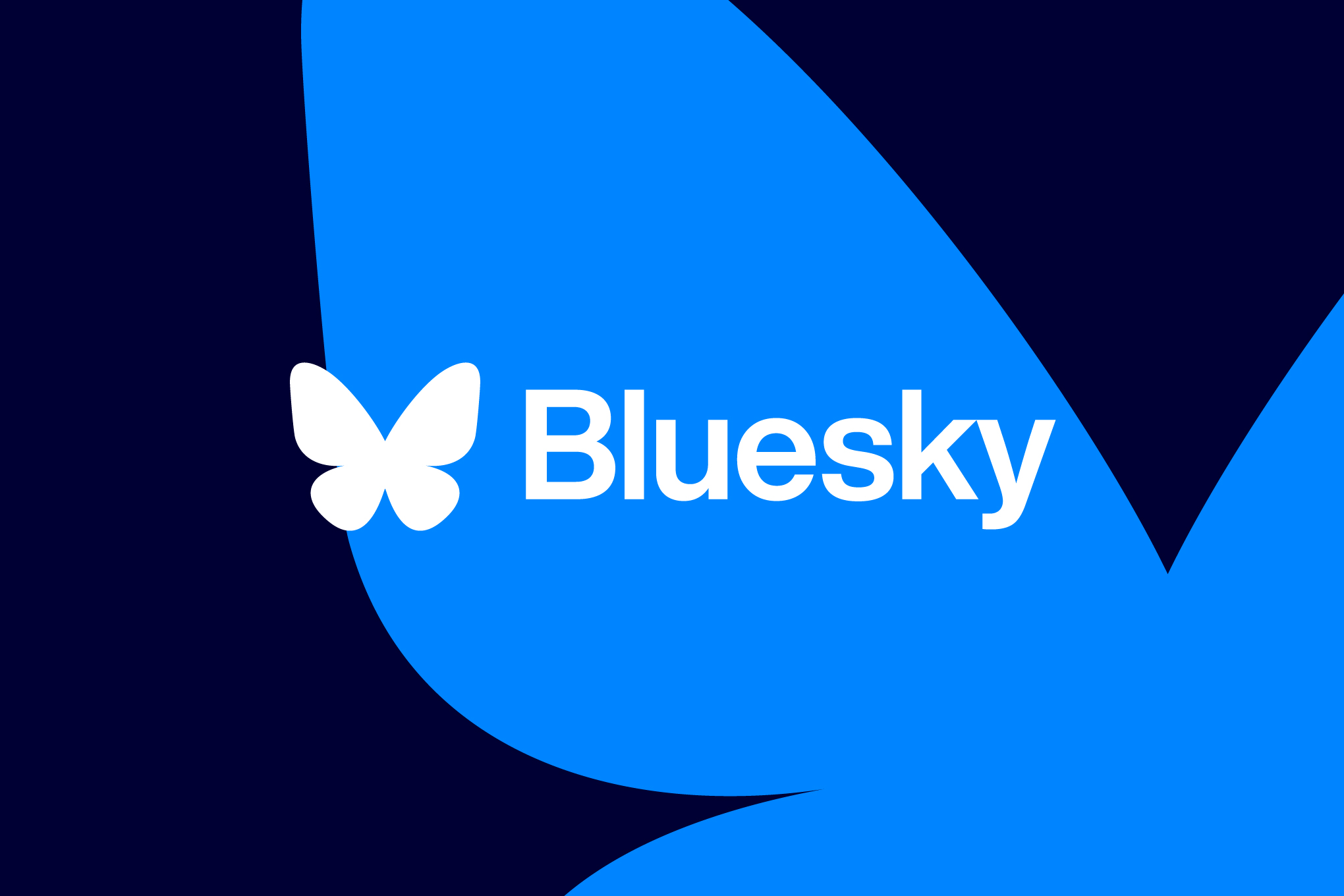“`html
Bluesky Blocks Access in Mississippi Due to New Age Verification Law
Bluesky, the decentralized social media platform, has announced that it will block access to its services from Mississippi IP addresses due to the implementation of a new state law requiring age verification and parental consent for users under the age of 18. This decision, communicated through a blog post, will remain in effect until the state law’s legality is determined by the courts.
The law in question, known as HB 1126, mandates that users must provide sensitive personal information to access the platform. Bluesky’s blog post highlighted that this requirement would fundamentally alter how users interact with the service, in contrast to other regulations such as the UK’s Online Safety Act, which Bluesky complies with. The UK law allows users to access the platform with certain restrictions, but does not require the same level of personal data disclosure.
According to Bluesky, HB 1126 would not only block minors from accessing the site but would also impose restrictions on adult users unless they provide sensitive information. Furthermore, the law obligates Bluesky to maintain records of users identified as children, raising significant privacy concerns. The platform stated, “Building the required verification systems, parental consent workflows, and compliance infrastructure would require significant resources that our small team is currently unable to spare as we invest in developing safety tools and features for our global community.”
The Broader Context of Age Verification Laws
The passage of HB 1126 is part of a broader trend in the United States to impose age restrictions on social media platforms. Many states are exploring similar legislation as concerns about minors’ exposure to harmful content online grow. However, many of these laws have faced legal challenges, often being deemed unconstitutional. Earlier this month, the U.S. Supreme Court chose not to block the law, allowing it to take effect despite concerns raised about its potential violation of the First Amendment. Justice Brett Kavanaugh, in a concurring opinion, acknowledged that the law likely infringes on free speech rights but noted that the plaintiffs had not demonstrated sufficient harm to warrant an emergency injunction.
While the Supreme Court has indicated that age verification can be applied to restrict minors’ access to explicit content, there is no established legal precedent that extends this requirement to all social media platforms. This lack of clarity in the legal landscape creates uncertainty for companies like Bluesky, which must navigate a patchwork of state laws that can vary significantly in their requirements and implications.
The Impact on Users and Other Platforms
As a result of Bluesky’s decision, users attempting to log into the platform from Mississippi will encounter a message explaining the access restriction, effectively limiting their ability to engage with the platform. This decision specifically affects the Bluesky app, while other applications utilizing the decentralized AT Protocol will independently determine their access policies in light of the new law.
Bluesky emphasized its commitment to child safety and its ongoing efforts to create a secure social media environment. “Child safety is a core priority, and in this evolving regulatory landscape, we remain committed to building an open social ecosystem that protects users while preserving choice and innovation,” the blog post stated. This commitment reflects a growing awareness among social media companies of their responsibility to protect younger users while balancing the demands of regulatory compliance.
Historical Context of Social Media Regulations
The history of social media regulation in the United States has been marked by a series of legal battles and evolving public sentiment regarding user privacy and safety. The Communications Decency Act of 1996, for instance, attempted to regulate online content but faced significant backlash, particularly regarding free speech. More recently, the Children’s Online Privacy Protection Act (COPPA) has set strict guidelines for collecting data from users under 13, but the extension of such protections to users under 18 remains contentious.
As the digital landscape continues to evolve, regulators are increasingly focused on how to protect minors from potential harm while also considering the implications for free speech and innovation. The rise of age verification laws, like HB 1126, signals a shift towards more stringent controls, but the effectiveness and legality of such measures are still being debated in courts across the country.
Future Implications for Social Media Platforms
Bluesky’s move to block access from Mississippi highlights the complexities social media platforms face as they navigate varying state regulations regarding user access and data privacy. The implications of HB 1126 extend beyond Bluesky, potentially influencing how other platforms approach age verification and user privacy in the future. As the legal situation develops, it remains to be seen how other social media companies will respond to similar laws and what impact these regulations will have on user engagement and privacy across the industry.
The ongoing discourse around age verification laws is likely to shape the future landscape of social media, prompting platforms to reassess their compliance strategies and user engagement policies. Companies may need to invest in more sophisticated verification systems or risk losing access to significant user bases in states with stringent regulations.
Conclusion
In conclusion, Bluesky’s decision to block access from Mississippi underscores the challenges posed by state-level regulations aimed at protecting minors online. As social media continues to evolve, the balance between user safety, privacy, and freedom of expression will remain a critical issue for both platforms and policymakers. The outcome of legal challenges against laws like HB 1126 will play a pivotal role in shaping the future of digital interaction and the responsibilities of social media companies in safeguarding their users.
“`




